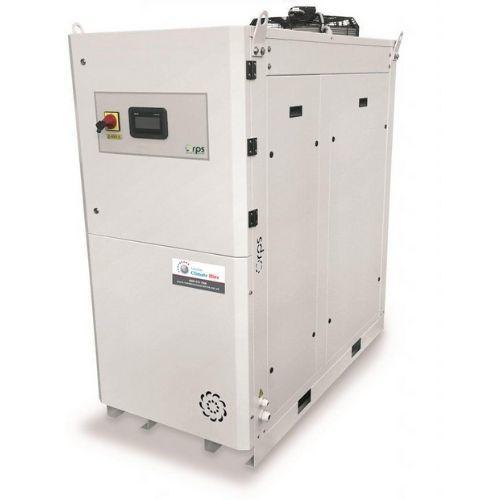Industrial chillers have been used in a variety of industries for decades. They’ve been one of the greatest innovations ever developed and have forever changed how many industrial and commercial facilities work today.
As one of the largest energy-consuming components of commercial facilities, industrial chillers are still susceptible to problems even when regularly inspected and maintained. Like any other industrial equipment, it can degrade and deteriorate over time. Here are some bad practices that cause malfunctioning and problems of industrial chillers.
What Causes Industrial Chillers to Malfunction?
There are various factors that contribute to the imminent decline in an industrial chiller’s efficiency. It could be due to a lack of maintenance, improper operating practices, or oversizing and under-sizing. To narrow it down, we only included the three leading causes of industrial chiller problems:
Improper Operating Practices
An industrial chiller is a sensitive piece of equipment and should only be used according to the manufacturer’s guidelines. Poor operating practices of the equipment will affect both the chiller’s effectiveness and lifespan. This could involve forcing the equipment to perform something it was not intended for and ignoring the consequences of a certain action.
One of the most common displays of improper operation of chillers is the belief that the higher the flow rate, the more cooling water will be ready for use. Many people actually believe this to be standard practice, but what it actually does is reduce the chiller’s efficiency. Most manufacturers don’t recommend increasing the flow rate beyond what’s stated in their guidelines, as this can easily accelerate the rate of corrosion in the equipment’s tubes, resulting in early tube failure.
To avoid such a scenario, you should train all personnel in proper operating and maintenance practices when handling the chiller. This will allow them to identify any problems before it escalates and leads to malfunctioning.
Disregarding Maintenance
As mentioned above, industrial chillers need to be used with care if you want them to last a long time. That means regular maintenance is required and should be done regardless of how frequent the usage is. Ignoring proper maintenance procedures can directly affect the chiller’s performance. Those industrial chillers that consume more energy when cooling could be a result of poor maintenance.
Owning an industrial chiller requires the use of diagnostic tools like an operation log to check the chiller’s performance every now and then. Your maintenance personnel should also do a regular inspection to see what problems the equipment may be experiencing.
Oversizing or Undersizing
Industrial chillers work in optimal condition when they work in a suitably sized facility. Undersizing can lead to insufficient airflow, preventing the chiller from achieving its full cooling capacity. On the other hand, oversizing delivers the risk of restricting the low-load operations. This could also be a bad thing, leading to higher operating costs due to excessive cycling.
The best solution here is to properly assess the size of the facility and the performance of the chiller that is to be used in it. Make sure to consider the cooling loads of the equipment before purchasing or installing.
Conclusion
Proper operation and maintenance of industrial chillers can go a long way to extending its life and ensuring that it operates in peak efficiency at all times. By avoiding these practices, you can make the most out of your industrial chillers.
London Climate Hire is here to solve all your heating and cooling problems. We specialise in providing temporary chiller hire and heater rentals in London and local counties. Our experienced engineers will get you back up and running in no time. Contact us if you need emergency industrial chiller rental services!

